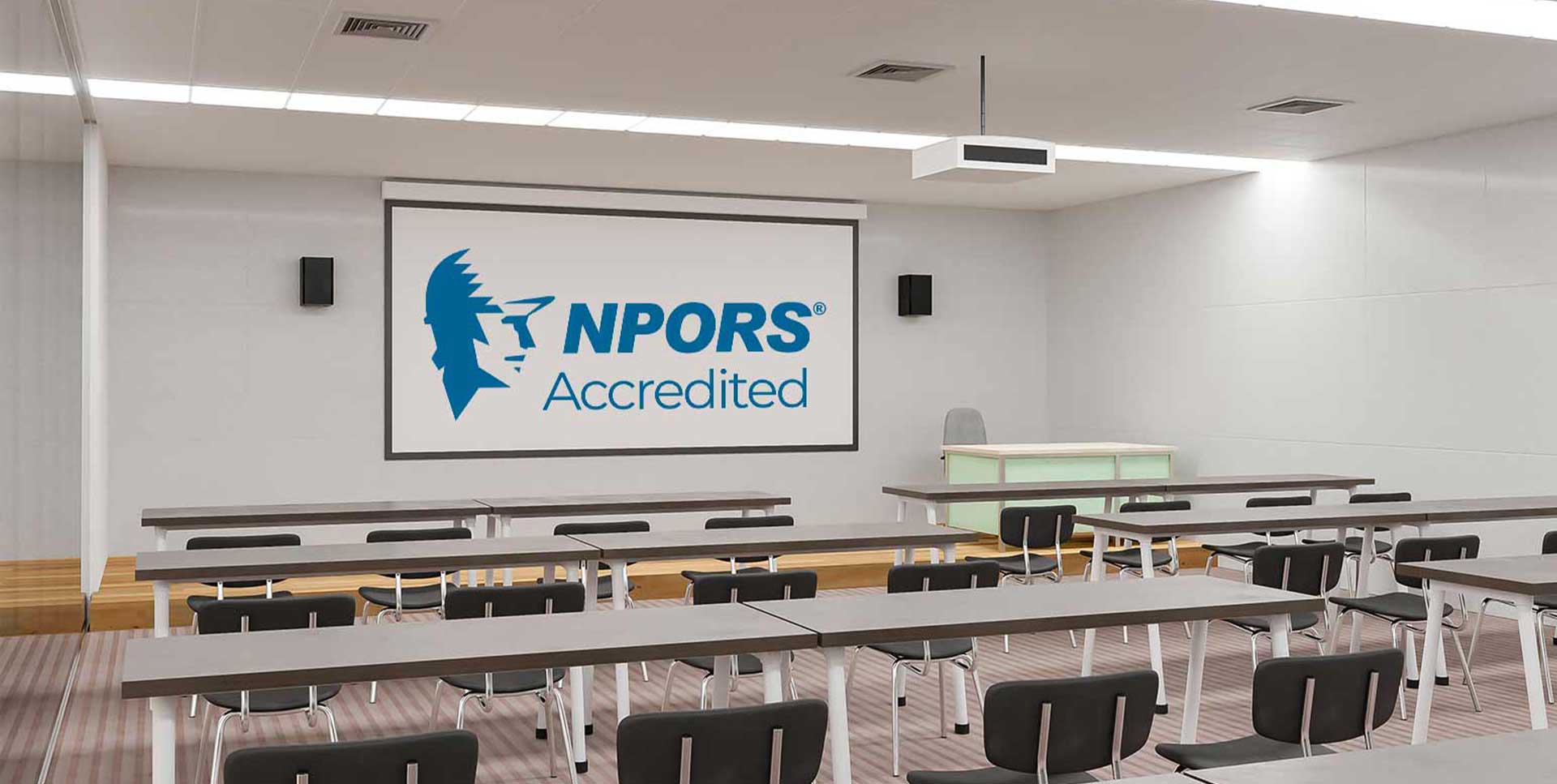CONSTRUCTION SITE SAFETY SUPERVISOR
Training course

TRAINING COURSE
IMPORTANT INFORMATIONS
IMPORTANT INFORMATIONS
Awarding Body:
National Plant Operators Registration Scheme
NPORS
Training course type:
National Plant Operators Registration Scheme - NPORS On-site training and assessment
Duration:
2 days
Minimum age:
16
Novice candidate numbers:
20
Experience Worker Tests per day:
20
Variations:
Construction Site Supervisor
Card options:
5-year NPORS traditional card & certificate,
2-year CSCS trained operator red card
WHAT DOES THE A1 SAFETY TRAINING NPORS
CONSTRUCTION SITE SAFETY SUPERVISOR TRAINING COURSE INCLUDE?
CONSTRUCTION SITE SAFETY SUPERVISOR TRAINING COURSE INCLUDE?
Health & Safety Legislation and specific regulations
Explain the requirements of occupational health and safety management system and outline how to develop and maintain health and safety management system
Develop risk assessments and method statements to ensure a safe place of work
Describe how to complete statutory inspections, carry out safety checks and monitoring of construction sites for compliance
Describe accident reporting (including relevant legislation), specific injuries and ill health that may occur in the construction industry
Explain how proactive leadership and engaging with workforce can aid with protecting employees in the construction industry
Explain the emergency procedures and first aid requirements for a construction site and how to actively manage them
Explain how to identify and handle hazardous substances associated with working on construction sites
Outline the risks asbestos pose to health and the basic legal requirements to manage the risks
Explain steps to be taken to ensure health and welfare of workers in the construction industry
Outline the main factors to be introduced when controlling worker exposure from dust and fumes on a construction site
Explain how to control exposure to noise and vibration risks for construction workers
Outline how to properly undertake work tasks when manually lifting and moving loads
Identify issues and influences that must be considered when setting up a construction site
Identify the dangers of electricity and safe working practises for working on or near to live electrical circuits with electrical tools and equipment
Explain the factors required to ensure the control and management of construction plant, associated transport and general work equipment on construction sites
Identify the basic requirements for safe lifting operations on construction sites, the lifting equipment and lifting accessories required and the main key points that are required to ensure safety
Describe the main requirements for working safely at height
Describe the hazards and appropriate control measures that must be introduced for excavation tasks
Describe how to locate, identify and plan for work near overhead services and underground services
Identify the main fire hazards and identify basic requirements for fire safety on site
Describe the main hazards and associated risks when carrying out work in confined spaces
Describe the role and main duties of temporary work supervisors
Describe the role of construction site safety supervisor regarding awareness of environmental issues on site
Describe the role of construction site safety supervisor in pollution prevention
Explain environmental damage and how this can occur from improper management or the mixing of waste materials
Explain what construction site supervisor can do to help reduce the nuisance dust and noise emitted from construction sites and processes etc.
FREQUENTLY ASKED QUESTIONS
CONSTRUCTION SITE SAFETY SUPERVISOR TRAINING COURSE
CONSTRUCTION SITE SAFETY SUPERVISOR TRAINING COURSE
What is the Construction Site Safety Supervisor Course?
First line managers – those who have, or are about to acquire supervisory responsibilities who require an understanding of legal responsibilities relevant to their work activities.
The course provides a sound knowledge base enabling them to give valuable assistance in safely managing a construction site.
TRAINING COURSE
RECOGNITION
RECOGNITION
Useful in industries:
Agriculture, Horticulture, Forestry, Construction, Marine, Industrial, Fencing, Landscaping, Civils, Highways, Quarrying, Environmental

